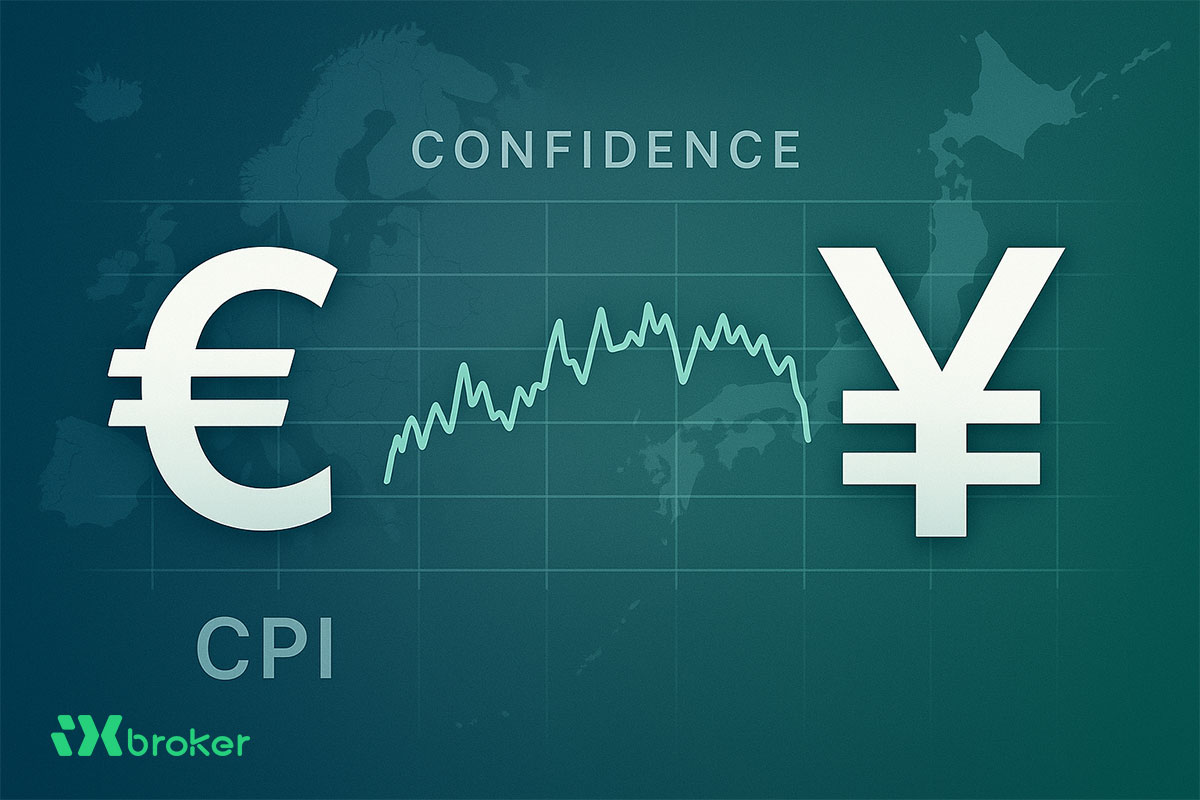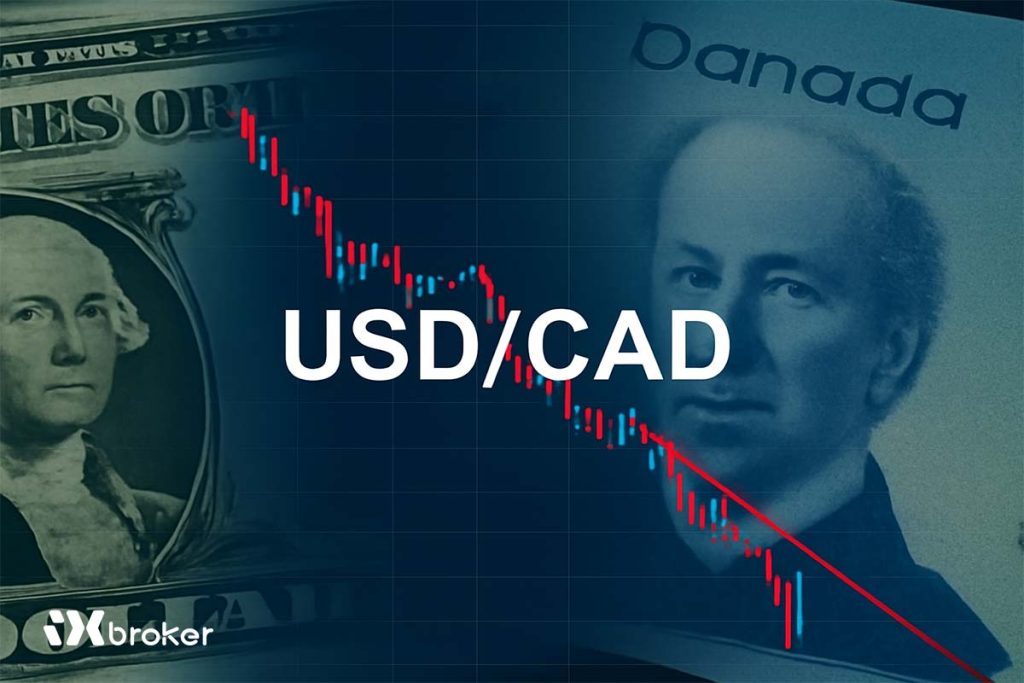The EUR/JPY cross dipped toward 181.40 in early European trading on Friday, with the Japanese Yen (JPY) gaining ground after Japan’s Cabinet approved a major 21.3 trillion yen economic stimulus package. Market participants now turn their attention to the preliminary HCOB Purchasing Managers Index (PMI) readings from the Eurozone, Germany, and France for further direction.
Japan boosts fiscal support with largest package since COVID
Reuters reported on Friday that Japanese Prime Minister Sanae Takaichi’s cabinet has approved a 21.3 trillion yen ($135.40 billion) stimulus plan—marking the first major policy initiative under the new administration, which has pledged to pursue expansionary fiscal measures.
The package includes 17.7 trillion yen in general account spending, significantly higher than last year’s 13.9 trillion yen and the largest since the COVID-era stimulus efforts. Additionally, it features 2.7 trillion yen in tax cuts. The announcement prompted a modest strengthening in the JPY against the EUR.
Fiscal concerns and BoJ uncertainty may limit Yen upside
Despite the initial JPY boost, uncertainty surrounding Japan’s fiscal trajectory and the Bank of Japan’s (BoJ) rate-hike outlook may restrict sustained upside for the currency. A Reuters poll on Thursday showed a narrow majority of economists expect the BoJ to raise rates to 0.75% in December, with all forecasters expecting at least that level by the end of Q1.
These uncertainties may offer some support to EUR/JPY in the near term.
ECB maintains steady stance as policymakers signal no imminent changes
The Euro also finds support from recent cautious commentary by European Central Bank (ECB) officials. The ECB is widely expected to keep interest rates unchanged through the end of 2026, supported by inflation tracking near the 2% target, stable economic performance, and record-low unemployment.
ECB Governing Council member Gabriel Makhlouf stated on Thursday that current monetary policy remains appropriate and is unlikely to be adjusted without a material change in economic conditions.



